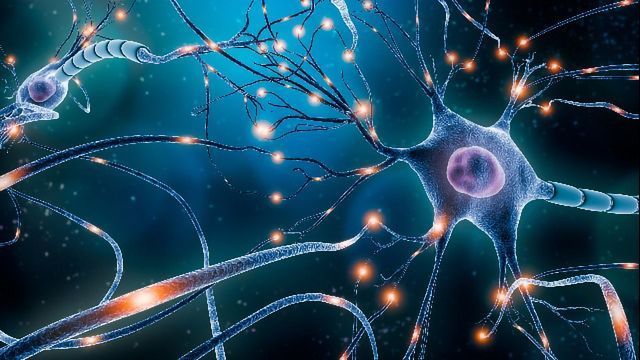Trending News
News

News
Bach to Bot: AI Learns the Piano in New Study
A University of Washington team has investigated whether artificial intelligence could recreate the delight of concert piano using only visual cues – a silent, top-down video of someone playing the piano.

News
Brain Cell Loss Linked to Depression
A new study further highlighting a potential physiological cause of clinical depression could guide future treatment options for this serious mental health disorder.

News
High Levels of Toxic Heavy Metals Found in Popular Baby Foods
Several brands of widely sold baby foods are tainted with dangerous levels of toxic heavy metals, including arsenic, lead, cadmium and mercury, according to a new investigation by the House Subcommittee on Economic and Consumer Policy of the Committee on Oversight and Reform.

News
Ultrasound Brain Stimulation Ready for Widespread Use
Ultrasound is not only used as an imaging technique but targeted pulses of ultrasound can be used as a highly accurate treatment for a range of brain diseases, for which there were previously only limited treatment options. A review now shows that the new treatments are already on the brink of broad clinical application.

News
Chemical Reaction Efficiency Boosted by Mysterious Organic Scum
Chemical manufacturers frequently use toxic solvents to make products like pharmaceuticals and plastics. Researchers are examining a previously overlooked and misunderstood phenomenon in the chemical reaction with the aim of making chemical manufacturing less wasteful and more environmentally sound.

News
Plants May Be Able To Control the Genetics of Their Microbial Symbionts
Researchers from the University of Ottawa have discovered that plants may be able to control the genetics of their intimate root symbionts - the organism with which they live in symbiosis - thereby providing a better understanding of their growth.

News
Where Did You Park the Car? Magnetic Stimulation Boosts Memory
You might remember you ate cereal for breakfast but forget the color of the bowl. Or recall watching your partner put the milk away but can't remember on which shelf. A new study improved memory of complex, realistic events similar to these by applying transcranial magnetic stimulation (TMS) to the brain network responsible for memory.

News
Vaccine Diminishes Fatal Respiratory Effects of Synthetic Opioids
As the opioid epidemic raged on with an even greater force during COVID-19, the Scripps Research laboratory of chemist Kim Janda, PhD, has been working on new therapeutic interventions that may be able to prevent the bulk of deaths from opioid overdose.

News
Technique Gives a Window Into the Impact of Prebiotics and Probiotics on Gut Health
Researchers have developed a noninvasive way for identifying the major functions of the gastrointestinal tract, enabling them to assess the efficacy of frequently controversial prebiotics and probiotics on gut microbial health.

News
Is Spicy Food Used To Reduce Infection Risk?
Scientists asked why hot countries across the world tend to have spicy food? One theory was that spicy foods helped people survive in hot climates where the risk of infection from food was higher, but is that really the reason?
Advertisement






